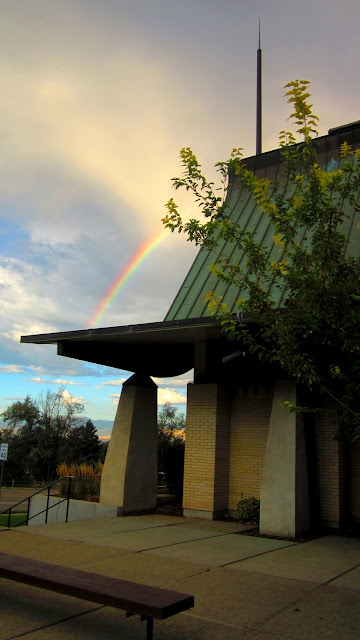The
Second Amendment:
'A
well regulated Militia, being necessary to the security of a free
State, the right of the people to keep and bear Arms, shall not be
infringed.'
Note:
the CDC (Center for Disease Control) is legally barred from studying
the effects of firearms upon the American population– really GOP?
This means the US Government has no more idea of the mental health
implications of gun violence than anyone else. There are no numbers.
No one knows exactly how many people were shot dead last year in the
US. There's no precise database, no standard– only estimates.
Beyond working towards a day when the numbers are finally seen and
studied, we have no other choice but to look outside of the US for
clues.
“It's
not access to guns; it's an issue of mental health.”
Every
time I hear this, I cringe. It's both. Generally in countries with
restrictive guns rights (at the very least on par with driving a
car), gun-related mass-murder by the populace is not the daily
occurrence it's becoming in the US. In modern societies with the most
limited rights like Japan, these events are rare if ever. Australia
is a wonderful example of how removing weapons of useless violence
after one of these incidences drastically reduces these incidences.
It is not about removing tools that happen to be guns but addressing
access to weapons of mass-murder and mental health. How much of an
arsenal does one require to protect one's self from lunatics?
Access
to Arms by the US Citizenry as a Constitutional Right is a lie, in
fact a very lucrative myth. Nowhere in the Constitution are
individuals given the right have a gun. It is the right of the people
(everyone in every State) that the States are given an implied
directive to create a well regulated Militia (the words are
capitalized for a reason; although this is not the ratified version
of the amendment, it exists in the National Archives as the original
version passed by Congress, handwritten by William Lambert). The
Second Amendment gives this and only this Militia the right to keep
and bear Arms because a well regulated body (and I'm going to hammer
the point here: only the Militia is bestowed with the right to
keep and bear Arms) is 'necessary to the security of a free State.'
And
when it comes to regulation, 'regulated' is the third word of the
amendment. Furthermore, the word 'gun' or 'rifle' or the phrase,
'just enough explosive to blow this tree-root apart,' cannot be found
in any corner of the Constitution. Arms are strictly tools of war,
created to defend the State from enemies, both foreign and domestic.
The Second Amendment has nothing to do with Cousin Skeeter duck
hunting with a hunting rifle.
The Second Amendment is about securing a free State.
Arms include everything from a knife to a Cruise missile.
Just about everyone
can have a knife but no one can have a Cruise missile. Missiles are
for governments; States are
governments with a Constitutional right to keep and bear Arms.
The term 'Arms'
clearly applies to States,
not individuals like
you and me.
Why
does the Constitution create Militias? Think about it: they're the
touchstone of American freedom. The Revolution was a bunch of
independent, community-based actors coming together to win. When this
document was written, America had no cash to finance a standing army.
But we had skills and an effective model. We succeeded in the face of
an overwhelming invasion by stitching together a cluster of militias
into an effective army at a moments notice.
The
Second Amendment's sole purpose insures a ready-force, willing to act
in the face of an external threat to the freedom of any State; the
only individual here is the State. This amendment does not provide
citizens ready-access to an arsenal of mass-murder. Only the State's
Militia has the right to these instruments of destruction. In truth,
this amendment's brevity is matched only by its genius: it provided
our newborn country with a relatively affordable, standing army,
comprised of people like you and me, supplied, and trained by the
State to bear these Arms for our collective security.





















